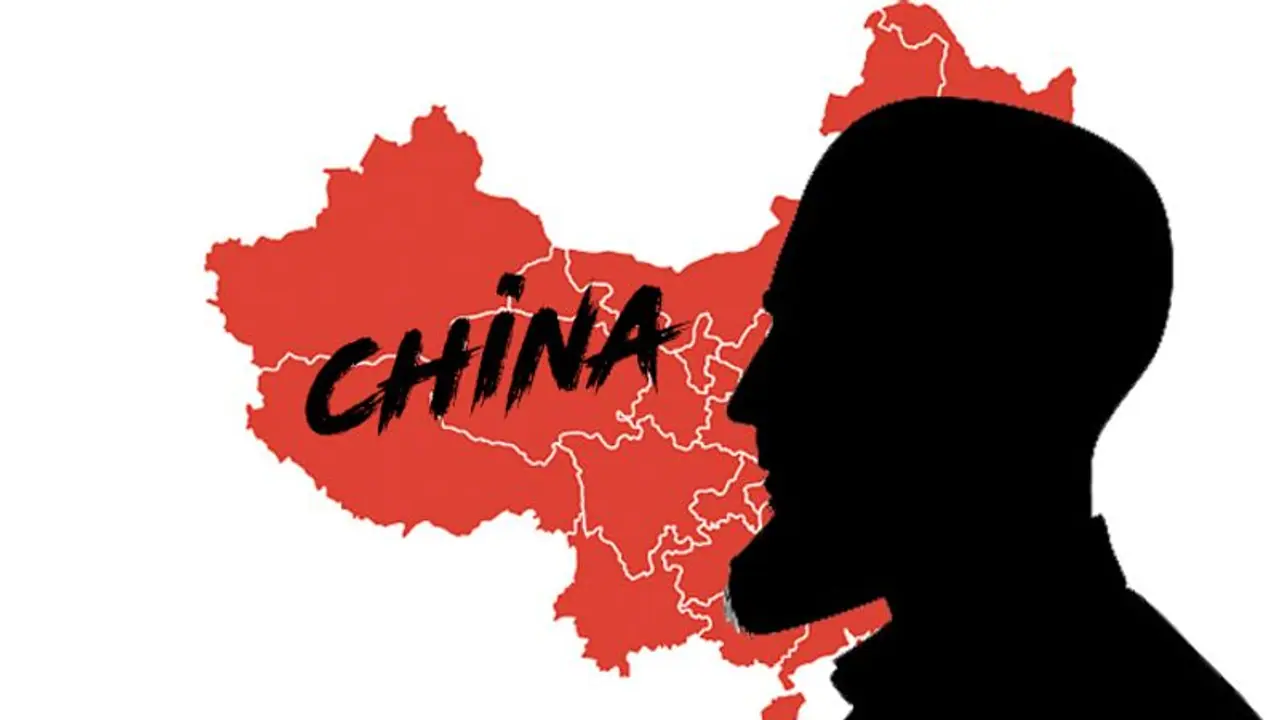The Atlantic.com has published a heartrending story of how Muslims in China are being targeted by placing them in internment camps and being forced to eat pork and drink alcohol.
New Delhi: The Uighurs, an ethnic Muslim community in China are reportedly in trouble. Initially, China began targeting the Uighur extremists, but now even people sporting beards are being targeted and being kept in internment camps.
According to a piece published by theatlantic.com, right now, one million Muslims are being held in Chinese internment camps, as per estimates cited by the UN and US officials.
When reporters got to meet former inmates of the internment camps, they told them that they were coerced to give up Islam, talk ill of Islamic beliefs and even recite Communist Party propaganda songs for hours each day. Not just that, the website also adds that there were media reports of inmates being forced to eat pork and drink alcohol, which are forbidden to Muslims, as well as reports of torture and death.
The website adds that the US Congressional-Executive Commission on China describes it as “the largest mass incarceration of a minority population in the world today.”
But earlier this month, when a UN panel confronted a senior Chinese official about the camps, he said there are “no such things as re-education centres,” even though government documents refer to the facilities that way. Instead, he claimed they’re just vocational schools for criminals.
The website also quoted an excerpt from an official Communist Party recording transmitted to the Uighurs:
“Members of the public who have been chosen for re-education have been infected by an ideological illness. They have been infected with religious extremism and violent terrorist ideology, and therefore they must seek treatment from a hospital as an inpatient. …The religious extremist ideology is a type of poisonous medicine, which confuses the mind of the people. …If we do not eradicate religious extremism at its roots, the violent terrorist incidents will grow and spread all over like an incurable malignant tumour.”
China likens these internment camps to hospitals and fears that Uighurs will one day establish their own national homeland in Xinjiang, which they refer to as East Turkestan.
